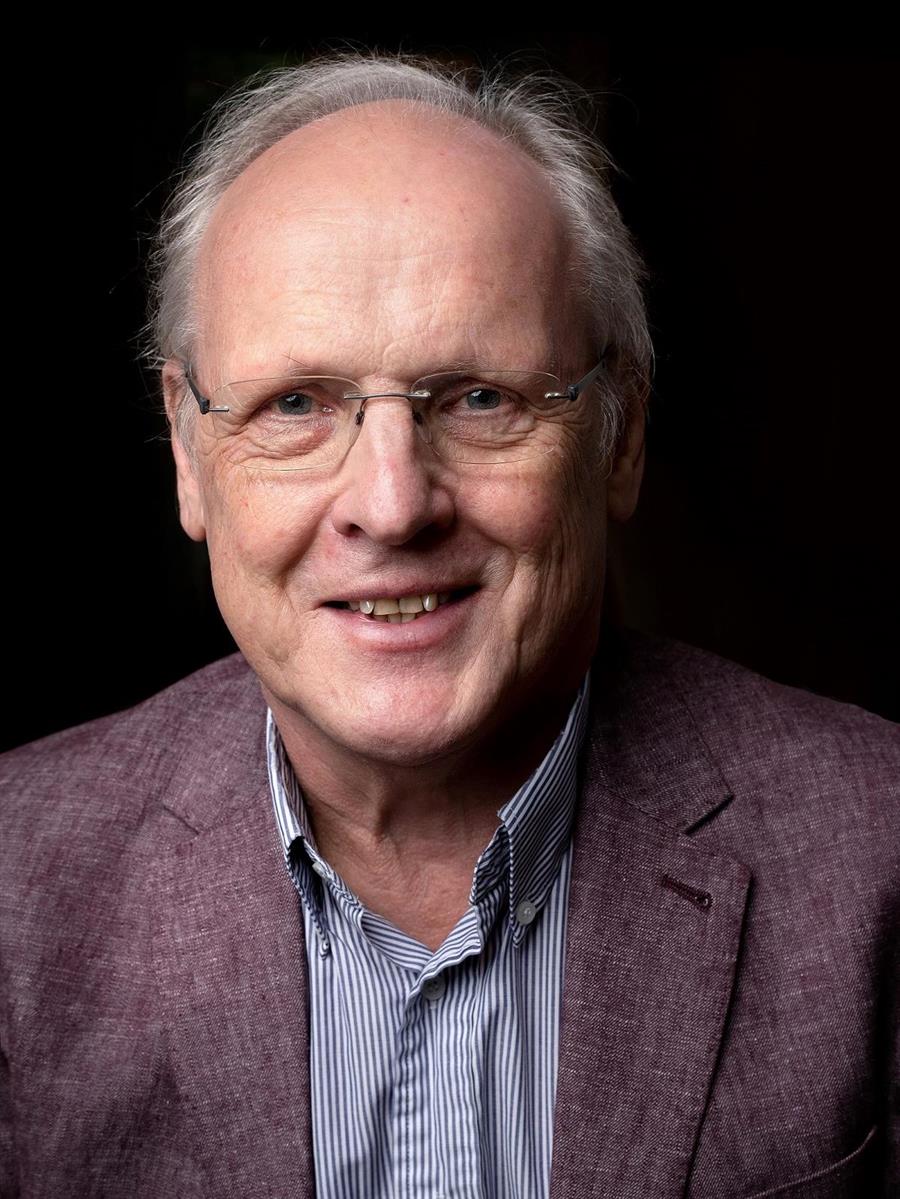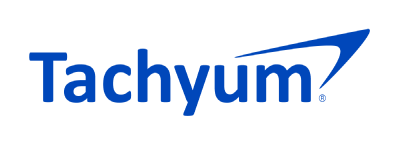Media-Center / Pressemitteilungen / 2022 /
Tachyum Advisor Steve Furber Wins 2022 Draper Prize for Engineering
· 4 Minuten Lesedauer

LAS VEGAS, Nevada, February 8, 2022 – Tachyum™ Corporate Advisory Board Member Steve Furber was one of the 2022 Charles Stark Draper Prize for Engineering award winners “for contributions to the invention, development, and implementation of reduced instruction set computer (RISC) chips” by the National Academy of Engineering (NAE).
Established in 1988 to honor the memory of Charles Stark Draper, the “father of inertial navigation,” the Draper Prize is awarded biennially to honor those who provide significant contributions to engineering and technology. Furber was recognized for helping to advance the commercialization of RISC chips at U.K. company Acorn by designing the Acorn RISC Machine (ARM) microprocessor. About 99 percent of today’s embedded computing systems use the RISC architecture.
Furber currently leads research into neural systems engineering as ICL Chair at Manchester. His SpiNNaker (Spiking Neural Network Architecture) project has delivered a computer incorporating a million ARM processors optimized for brain modelling applications. With over 200 billion ARM chips produced, as of 2021, ARM is the most widely used instruction set architecture (ISA) in the world.
As a member of the Tachyum Board of Advisors, Furber helps position the company’s Prodigy processor to achieve disruptive performance in Spiking Model neural simulations, as well as standard data center workloads. Furber’s colleagues on the Tachyum advisory include Fred Weber, former CTO of AMD, where he unveiled the industry’s first x86-compatible 64-bit processors, the Opteron and Athlon 64. Weber led the design of AMD’s first 64-bit processor.
“It is quite an honour to be recognized for my work in advancing RISC technology in general, and the ARM processor specifically, by the NAE in bestowing on me the prestigious Draper Prize for Engineering,” said Furber. “I believe that many of the advances we were able to make in forwarding this work are being carried on at innovative companies such as Tachyum, which is leveraging low-power, high-performance chips to enable human brain-scale AI to revolutionize the world.”
Prodigy has the potential to create unrivaled computational speed and vast energy saving capabilities for hyperscale, OEM, telecommunication, private cloud and government markets. Prodigy’s 10x lower processor core power consumption will dramatically cut carbon emissions associated with data center usage. Prodigy’s 3x lower cost (at equivalent performance) will also translate to billions of dollars in annual savings to hyperscalers like Google, Facebook, Amazon and Alibaba.
Tachyum’s Prodigy processor can run HPC applications, convolutional AI, explainable AI, general AI, bio AI, and spiking neural networks, plus normal data center workloads, on a single homogeneous processor platform, using existing standard programming models. Without Prodigy, hyperscale data centers must use a combination of disparate CPU, GPU and TPU hardware, for these different workloads, creating inefficiency, expense, and the complexity of separate supply and maintenance infrastructures. Using specific hardware dedicated to each type of workload (e.g. data center, AI, HPC), results in underutilization of hardware resources, and more challenging programming, support, and maintenance. Prodigy’s ability to seamlessly switch among these various workloads dramatically changes the competitive landscape and the economics of data centers.
Follow Tachyum
https://www.linkedin.com/company/tachyum
https://www.facebook.com/Tachyum/
About Tachyum
Tachyum is transforming AI, HPC, public and private cloud data center markets with Prodigy, the world’s first Universal Processor that delivers industry-leading performance, cost, and power efficiency for both specialty and general-purpose computing. When Prodigy processors are provisioned in a hyperscale data center, they enable all AI, HPC, and general-purpose applications to run on one hardware infrastructure, saving companies billions of dollars per year. A fully functional Prodigy emulation system is currently available to select customers and partners for early testing and software development. With data centers currently consuming over 3% of the planet’s electricity, predicted to be 10% by 2025, the ultra-low power Prodigy Universal Processor is critical, if we want to continue doubling worldwide data center capacity every four years. Tachyum, Co-founded by Dr. Radoslav Danilak with its flagship product Prodigy, is marching towards tape out and chip sampling in 2022, with software emulations and an FPGA-based emulator running native Linux available to early adopters. The company is building the world’s fastest 64 AI exaflops supercomputer in 2022 in the EU with Prodigy chips. Tachyum has offices in the United States and Slovakia. For more information, visit https://www.tachyum.com/.

